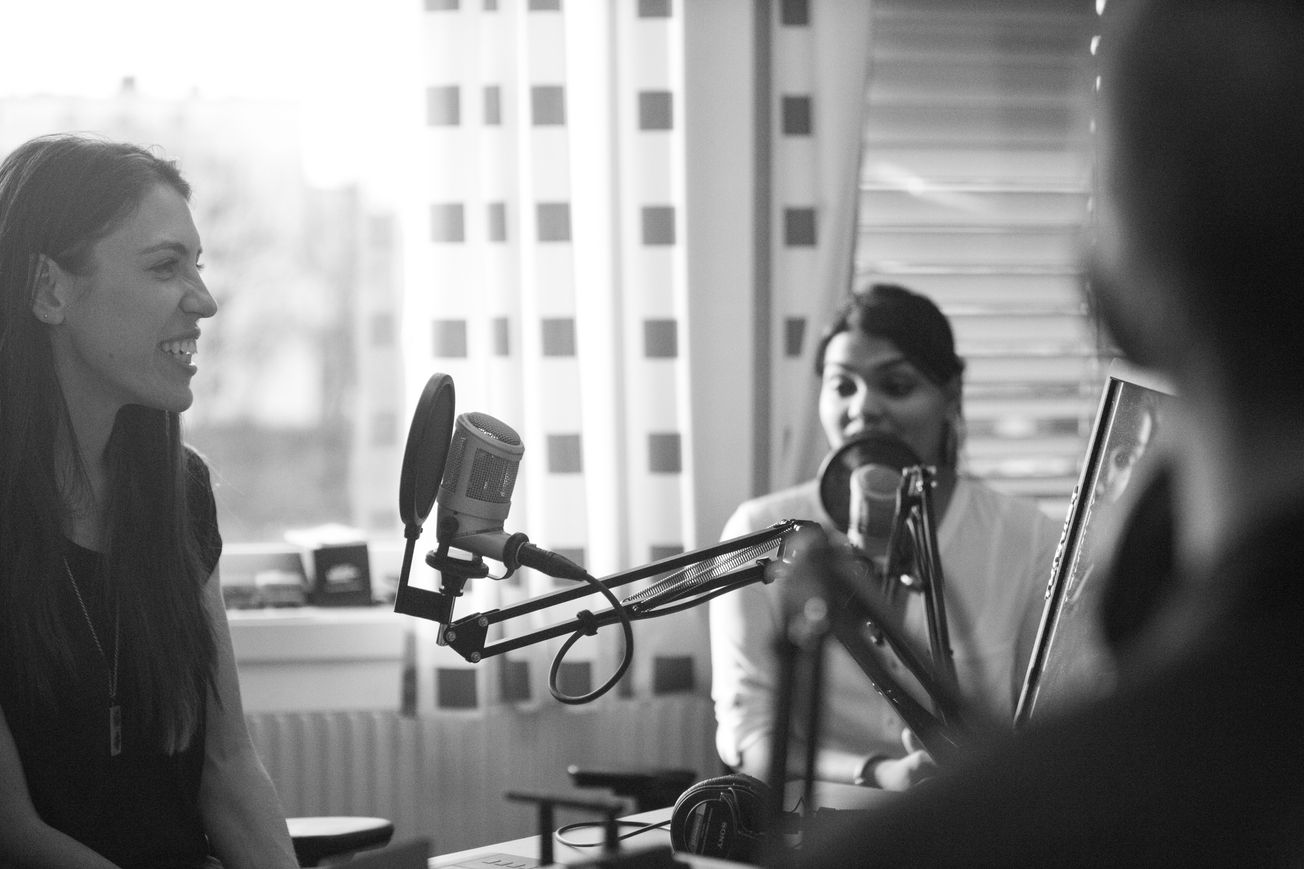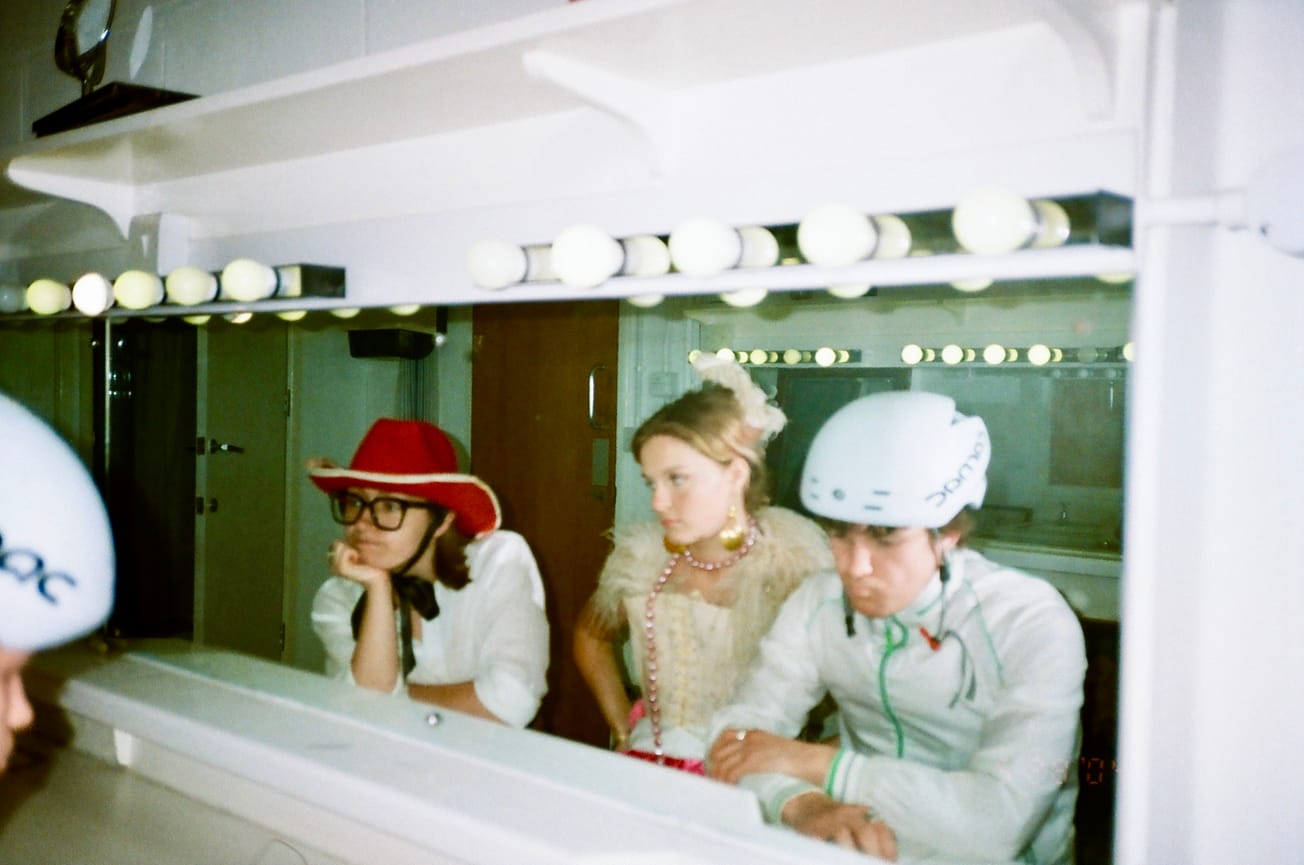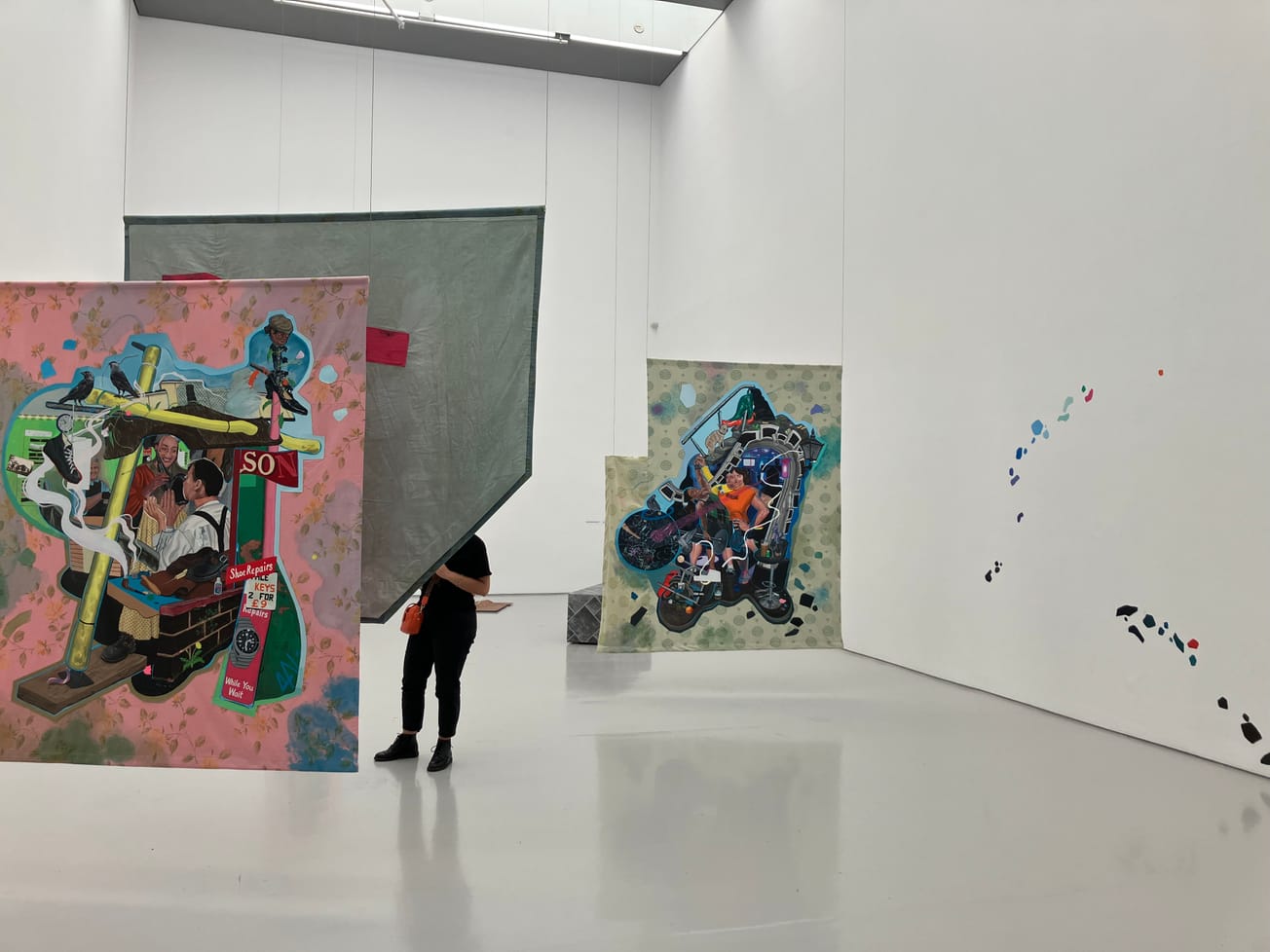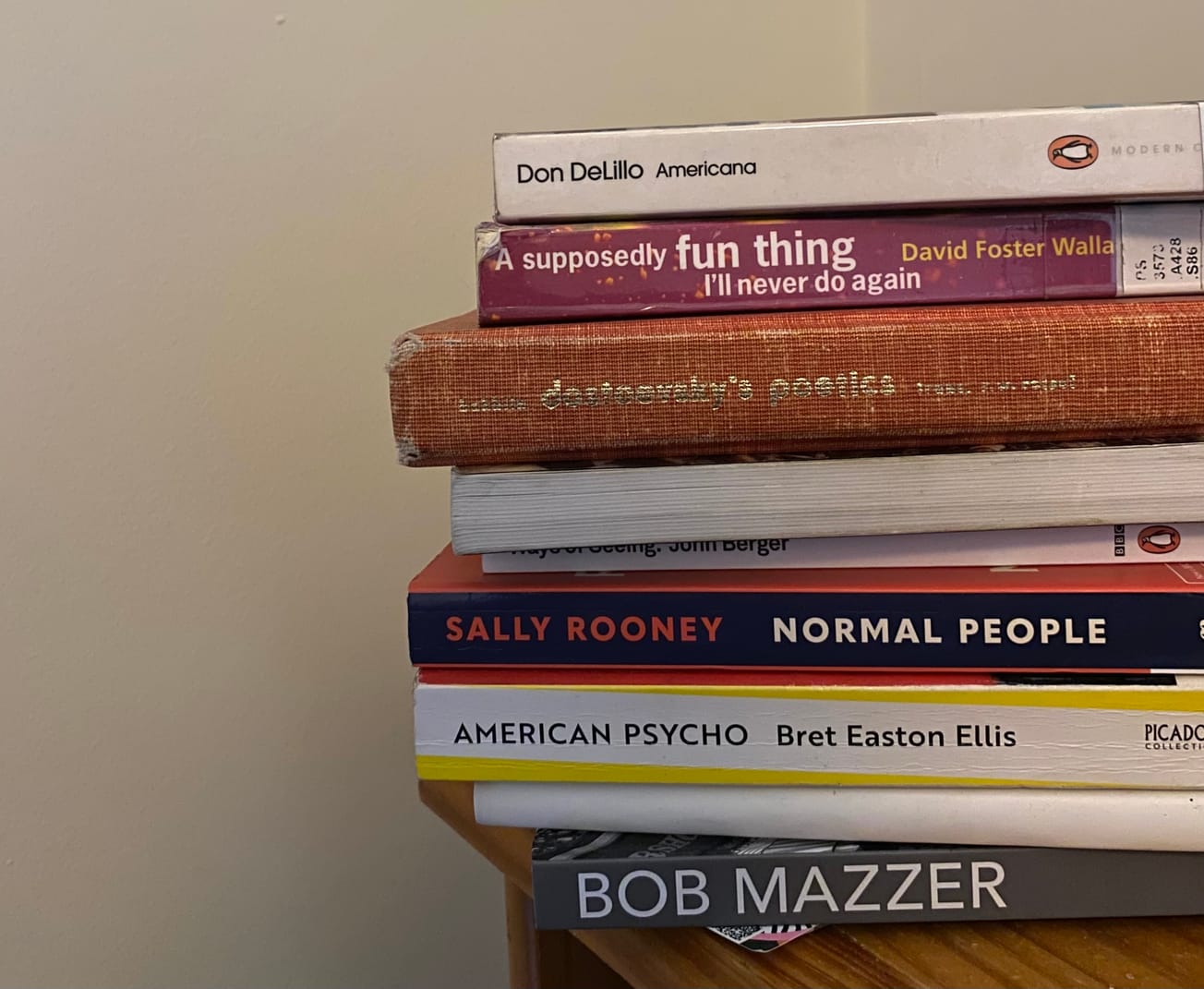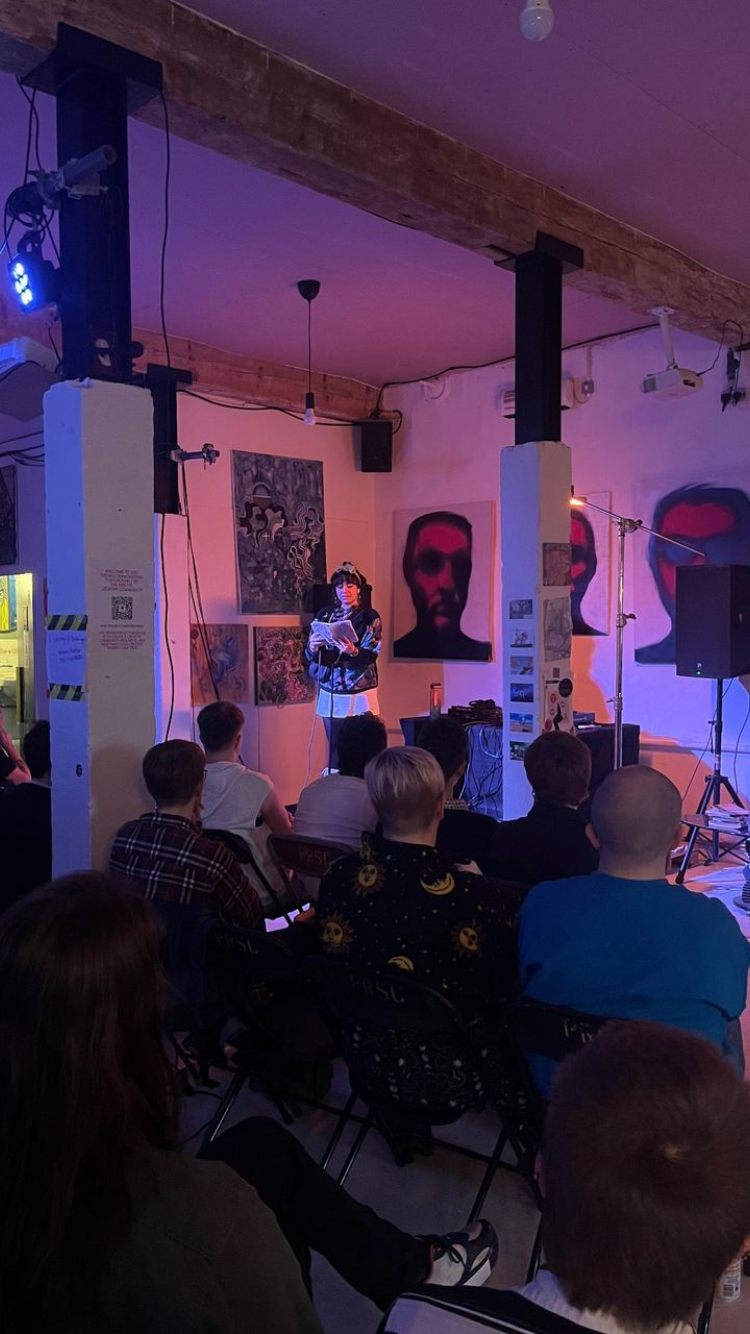By Imogen Howse, Deputy Arts Editor
With podcasts taking off in recent years, is it time we consider them a true art form? Do we need to re-evaluate our definition of 'art' in a culture where anyone can be a creator?
Our notion of what constitutes art is constantly evolving: what we consider as art nowadays differs significantly to what would have been accepted as an art form in earlier centuries. People are considering questions ranging from ‘are video games cinematography?’ to ‘is fanfiction literature?’, musings which are reflective of our more varied and inclusive understanding of art.
This is something many people view as a loss or even as a reduction of culture, but in many ways, the ability to perpetually discover new art can surely only signify an expansion of culture – something which seems to me a triumph more than anything else.
Personally, my most recent discovery of ‘new art’ would have to be podcasts. I appreciate that I may be a little late to this party - Ofcom estimates that around 7.1 million people in the UK now listen to podcasts each week, a statistic which has more than doubled over the last five years - but Candice King and Kayla Ewell’s podcast Directionally Challenged made me realise the full potential of this art form.
It’s a podcast, at its core, about human life and human relationships, with topics ranging from technological addictions, to dealing with anxiety, to the ways fashion operates in our everyday lives. It’s charming, informative and moving, and the episodes cover both the topics we all love discussing with our friends on a daily basis, as well as the ones we may be a little more hesitant to bring up at times.
The ability to perpetually discover new art can surely only signify an expansion of culture - something which seems to me a triumph more than anything else
Candice King and Kayla Ewell, best friends and co-stars from The Vampire Diaries, are refreshingly relatable as hosts. Their authenticity not only makes their stories all the more entertaining and helps to create a connection between them and their audience, but it also inspires raw, revelatory, and deeply engaging conversations with their various guests. These guests are always well chosen: they either have particular expertise in that episode’s area of conversation – such as Julie Plec, director, producer and writer who discusses her path into the entertainment industry – or are people with always inspiring, usually deeply personal stories to tell – such as Heather McMahan’s tale of using humour to cope with the sudden, tragic death of her father.
As well as regularly offering a range of undisclosed information or juicy stories for longstanding The Vampire Diaries fans, King and Ewell always leave me – and other listeners too, I’m sure – feeling empowered, moved, or inspired to make a change. One episode which affected me in all of these ways was the one entitled ‘The Art of Elysium.’
During this hour, the hosts interviewed Jennifer Howell, the founder of a volunteer organisation which brings art and community together to support individuals in the midst of difficult emotional life challenges. In addition to sharing deeply affecting tales, such as a story of an amateur musician bringing joy to children suffering from terminal illnesses, Howell also discusses the power of art as something we can always share and always give. She talks about how in the charity sector, many people feel that when they don’t have the funds or financial stability to make monetary donations, they feel there is nothing else to do – that they have nothing else to give. ‘The Art of Elysium’ thrives on the idea that your creativity is enough; it even prioritises art as the best thing you can give.
This conversation made me reflect upon how the very podcast I was listening to and hearing these ideas through is an art form in itself. Considering this through a more traditional lens, perhaps in comparison to a literary work or even a television series, I would give the evidence that the podcast has various central themes, it has a distinctive narratorial style, and, over the course of two seasons, has a natural, progressive story arc. However, if you look at this podcast as a work of art in a more abstract sense, it’s enough to say that it’s a work of creativity, a place of expression, and a project which was founded on human imagination.
Their authenticity inspires raw, revelatory and deeply engaging conversations with their various guests
Discovering Directionally Challenged and listening in particular to the episode ‘The Art of Elysium’ reminded me that art is, as cliche as it may sound, often found in the eye of the beholder. Art always has been and always will be a key component of culture, and as such is subject to change over time. Although some people lament these changes, I’d argue that it presents an opportunity, more than anything else, for discovery, creativity, and to consider ‘art’ in new and exciting ways.
Featured Image: Flickr / Andreas Grimsæth / NRK
Would you consider podcasts as an art form? What is your most recent artistic discovery?

